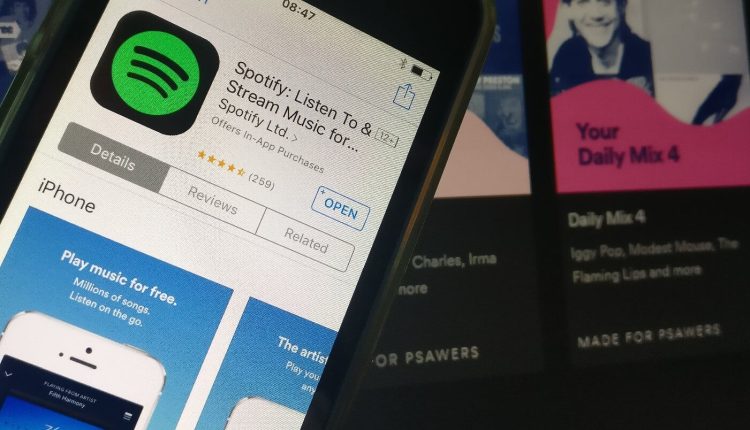Fresh from its new licensing arrangement and flexible release policy with Universal Music Group (UMG), Spotify has now added thousands of indie labels to the policy, thanks to a new multi-year licensing agreement with Merlin.
Merlin, for the uninitiated, is a global agency that represents thousands of indie record labels around the world. It can be laborious, expensive, and time-consuming for smaller labels to negotiate rights with companies such as Spotify, so Merlin does it on their behalf. Labels it represents include Armada Music, Beggars Group, Domino, and Entertainment One.
Spotify has already been streaming artists from Merlin’s roster of labels for almost a decade, but now they’ve signed a new deal that will allow Merlin’s labels to limit new albums to Spotify’s $10 monthly subscription service for up to two weeks, though specific singles may still be made available across the free ad-supported tier. As part of the deal, Spotify says it is also providing “improved marketing and advertising opportunities,” as well as access to “enhanced data.”
The agreement sounds identical to the one Spotify signed with UMG earlier this month, and it was only a matter of time before other labels followed suit. UMG is one of the “big three” record labels, and it’s likely that similar deals will be announced with Sony and Warner in the future.
June 5th: The AI Audit in NYC
Join us next week in NYC to engage with top executive leaders, delving into strategies for auditing AI models to ensure fairness, optimal performance, and ethical compliance across diverse organizations. Secure your attendance for this exclusive invite-only event.
The paid monthly subscription offers a number of perks over the free version, including no ads, offline access, and on-demand access to any Spotify song on mobile. But the company has faced growing criticism from the industry for devaluing music through its ad-supported tier. Taylor Swift removed her music from the service a few years back after Spotify refused to make her songs available exclusively to paid users, while the music-streaming giant has always maintained that the best way to get people paying is to let them first access the service for free.
It’s also widely accepted that as part of the deal, Spotify has negotiated lower royalty payments, though the company hasn’t confirmed whether that is the case. But what we do know is that Spotify has now caved to industry pressure by giving labels and musicians some control over how albums are released on the platform.


